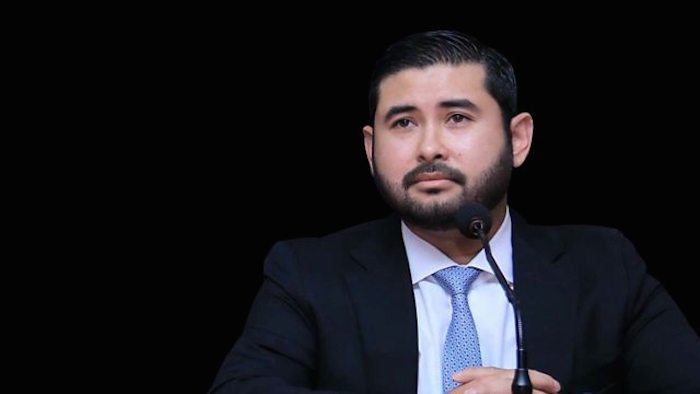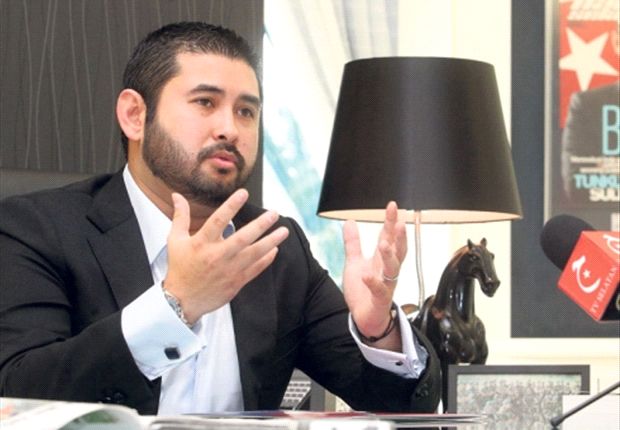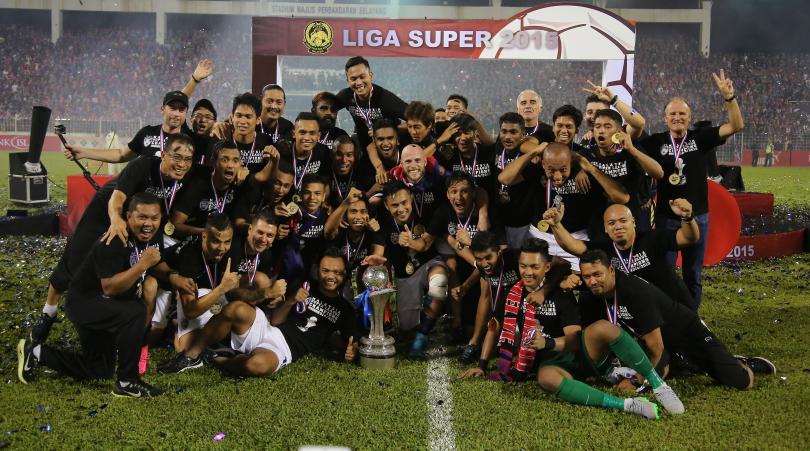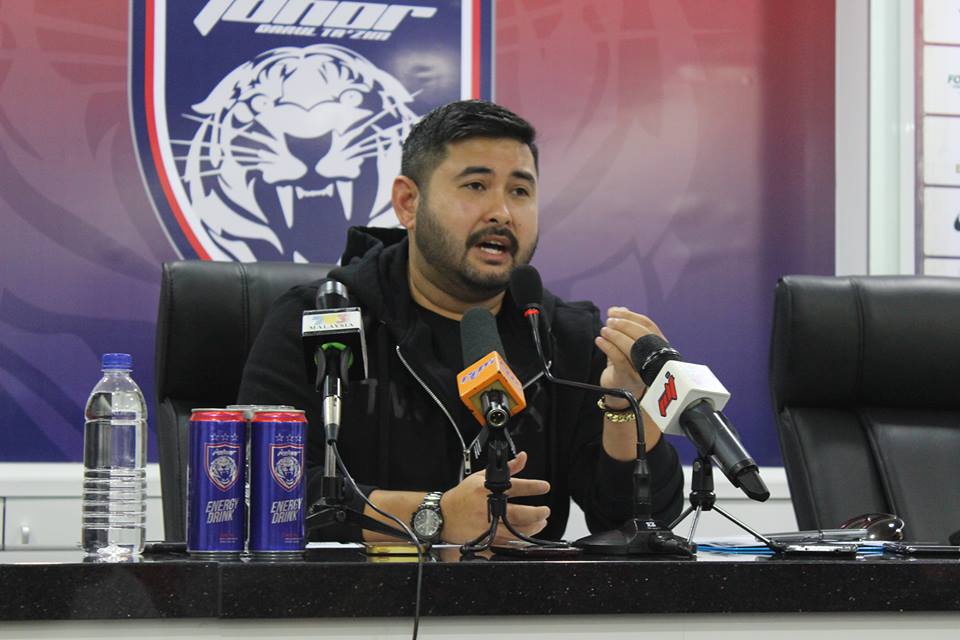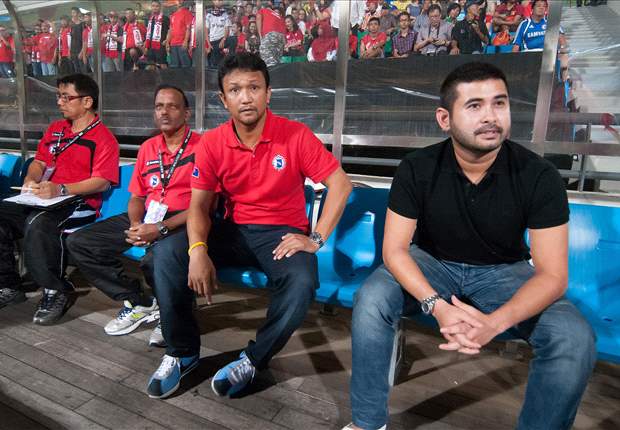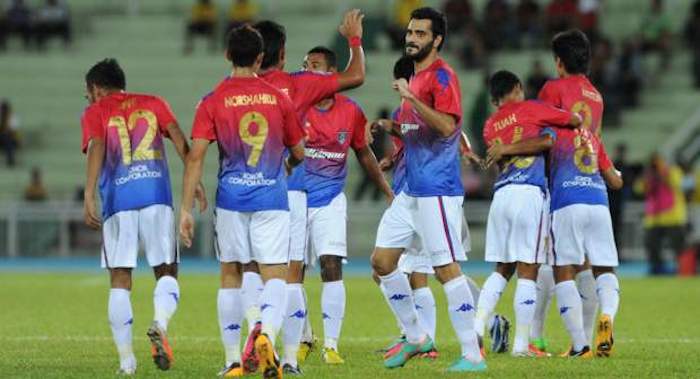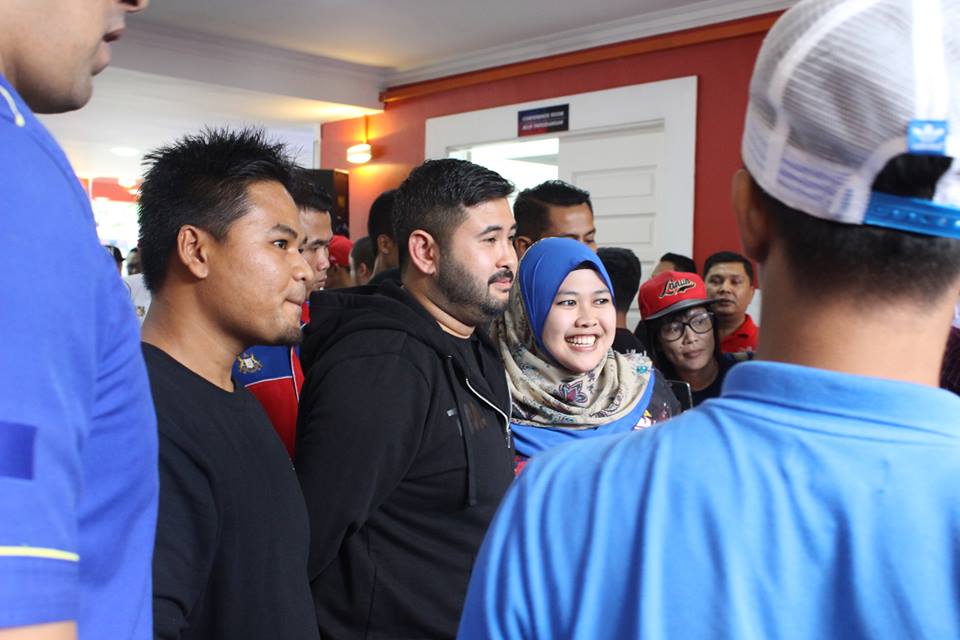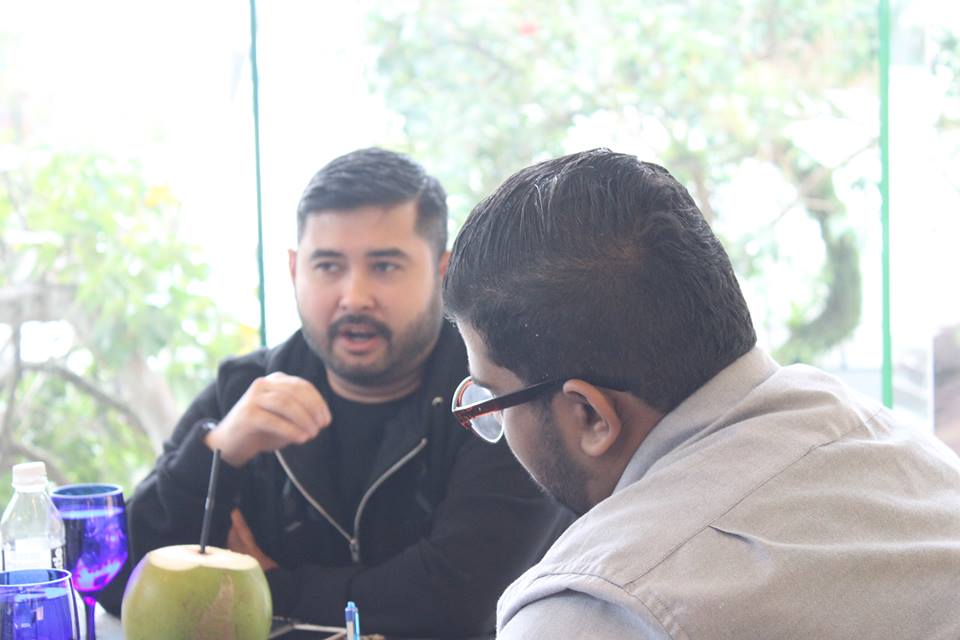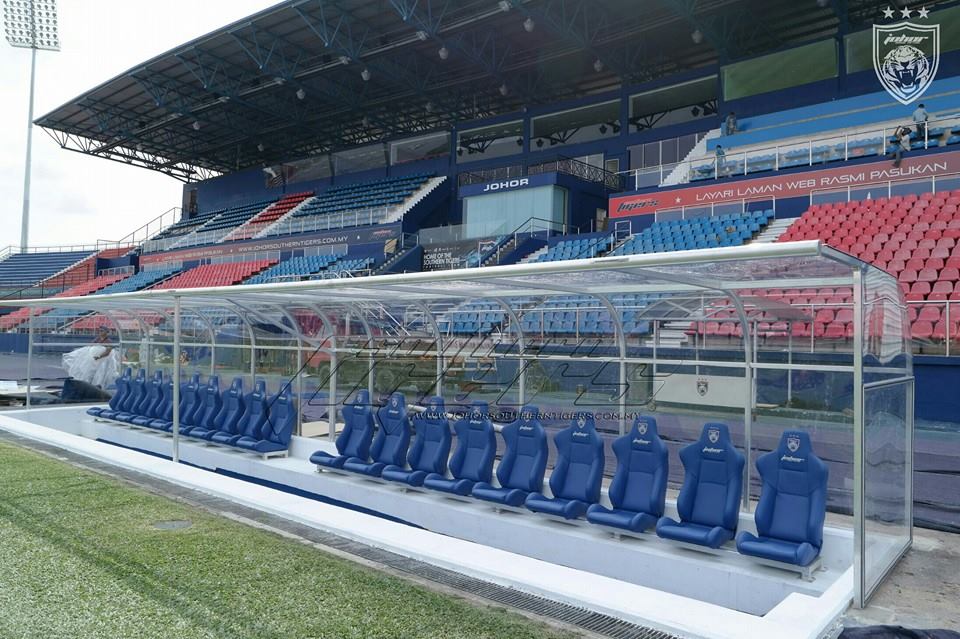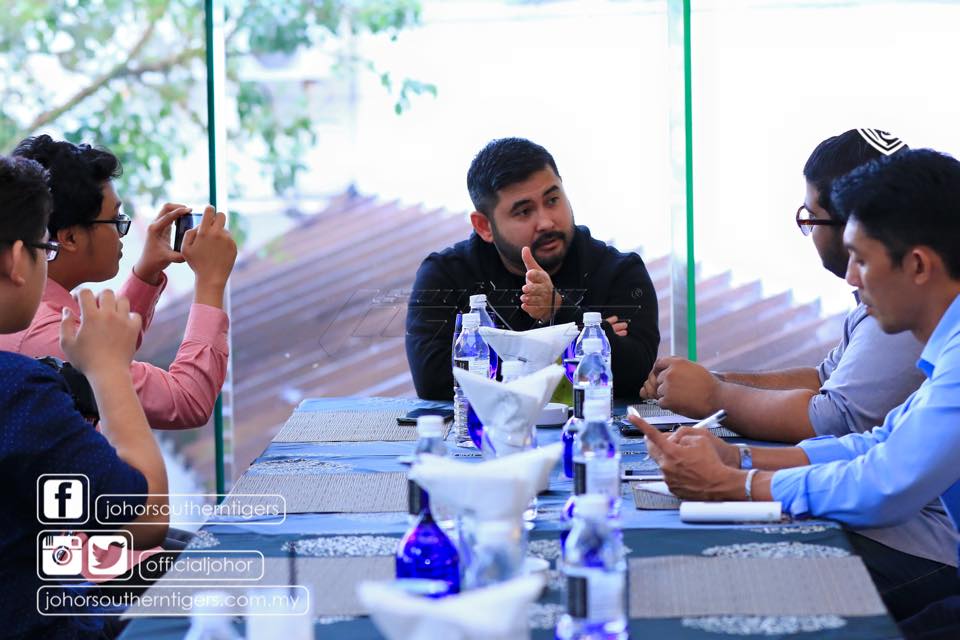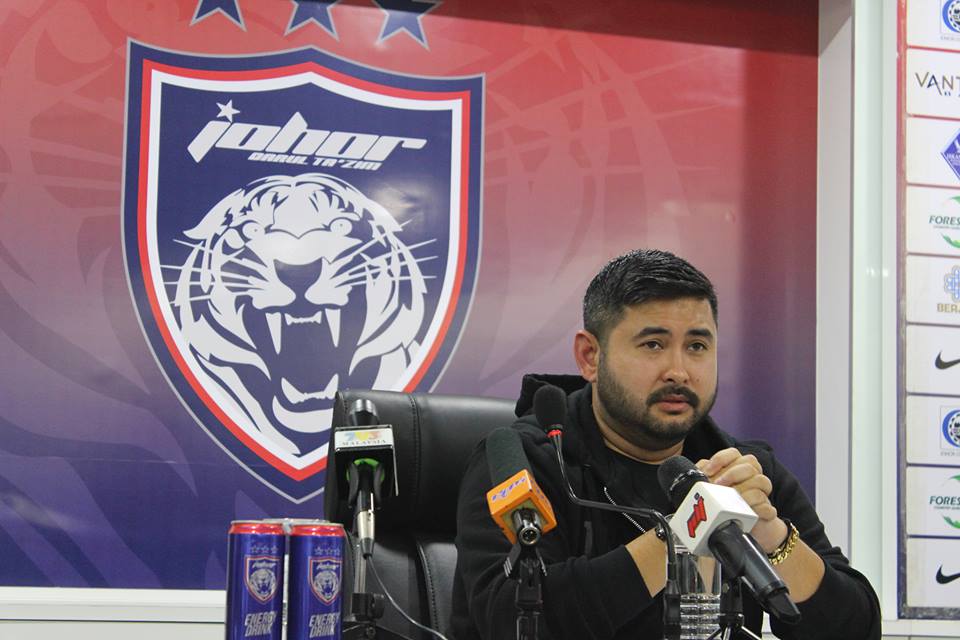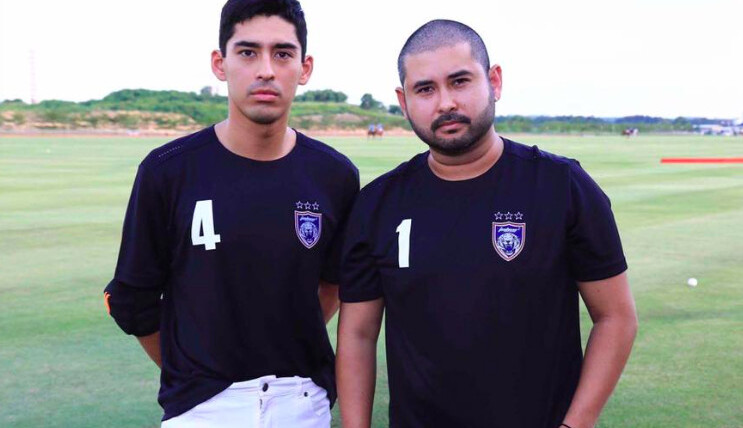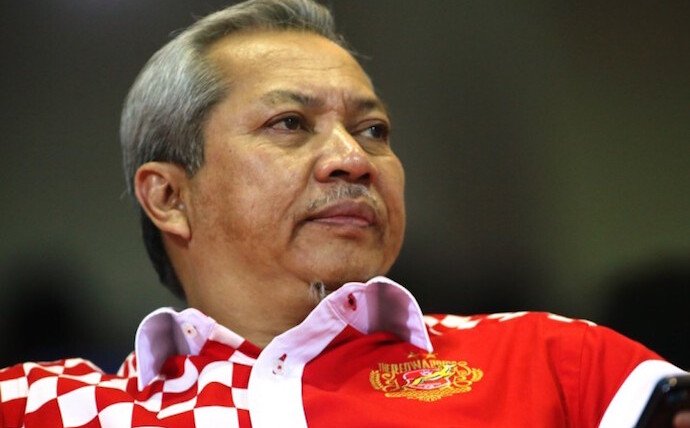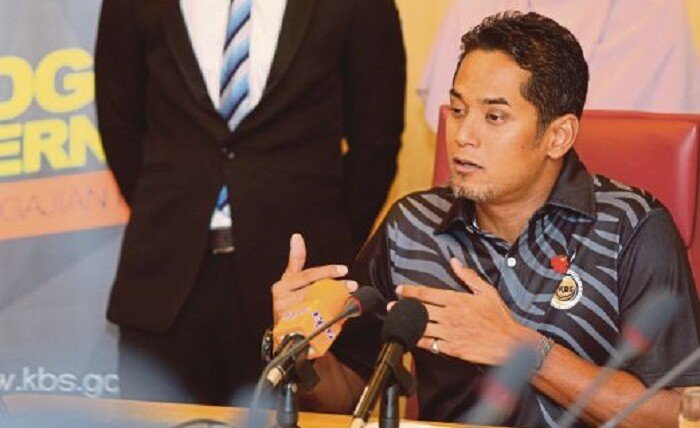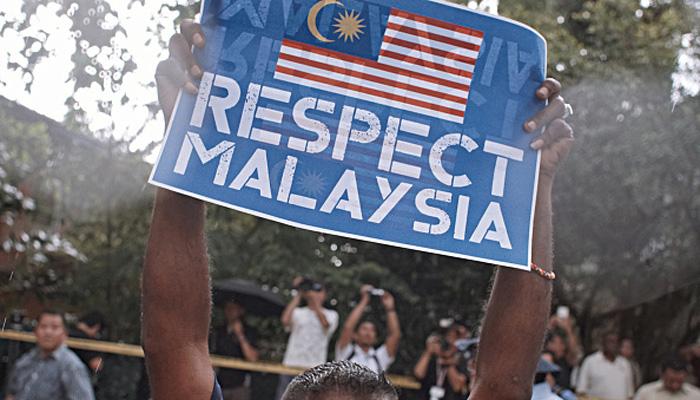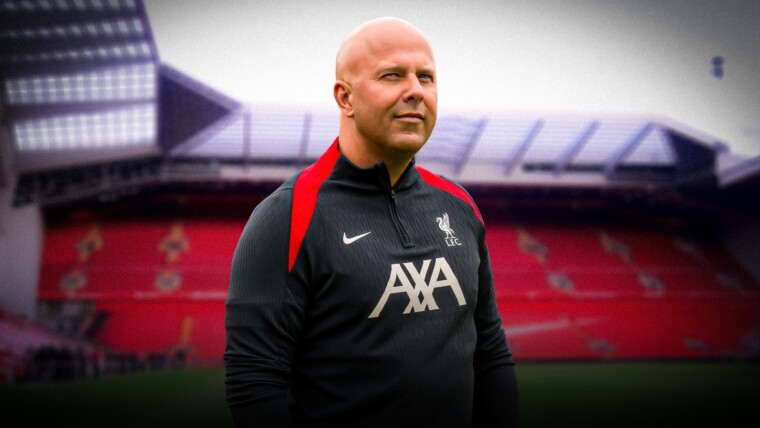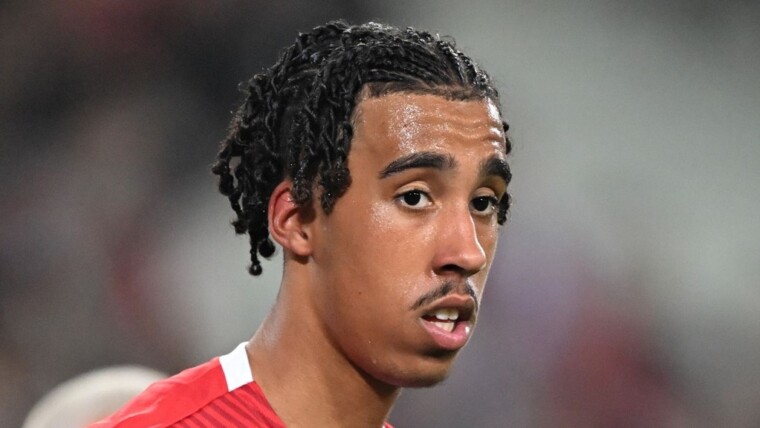“The biggest idol of my life – besides my father – is Fidel Castro. He may be a communist, but I respect the fact that he stood for the principles he believed in” – TMJ
Tunku Ismail ibni Sultan Ibrahim has a certain cut of confidence in him. Some say it stems from his royal stature. Some others suggest that he’s naturally arrogant. But isn’t that what they always say about anyone with untempered and radical ideas? Most Malaysians grew up in an environment where there was a generational hatred towards local football – and they all stemmed from our consistent failures on the biggest stage. And yes, match-fixing (No, I didn’t forget that). If not hatred, it’s skepticism. It’s part of our identity to continuously shed skeptic comments or thoughts on our own products.
And you can’t blame the fans either. For a country that only got its’ independence in 1957, we’re still trying to define an identity for ourselves. The lack of identity always meant that while great emphasis would be placed on the pursuit of success, mediocrity would latch onto it and become normalized as well, be it in studies, sports or even politics for that matter.
But then came Tunku, who literally grabbed Johor FA by its throat, and shoved significant reforms down. Three years later, a team that once had less than 100 people attend its’ home games, is now the reigning Malaysia Super League champion for two consecutive years. And they recently made history by being the first Malaysian team to ever progress into the semis of the AFC Cup.
They’ve got the best pitch in Southeast Asia. The players have rave reviews about the sort of training facilities that are made available for them, including the anti-gravity treadmill! Everyone within the club’s structure, is treated well and their salaries are paid on time. And they’ve been able to sign some of the biggest names in world football (Dani Guiza and Pablo Aimar), notwithstanding the fact that they’ve got most of Malaysia’s best players in their squad.
They recently kickstarted a comprehensive youth development program, which is being tailored by individuals that have been brought in from Borussia Dortmund. Best part? Tunku is set to meet leaders of Barcelona and Paris St. Germain later this year, to initiate similar collaborations.
Who on earth is this guy, and how is he even doing this? Absolutely stupendous.
So when I was informed that my proposal for an interview with Tunku was approved, I was naturally elated. The general populace’s interpretation of him has generally been muddled, all this while. To some, particularly Johoreans, Tunku is a revolutionary saviour who is now the indubitable voice of the people. But to others, he’s just an attention-seeking member of the royal family, who is using sports as a direct mean to amass significant political capital and mobility. But Tunku’s brutal honesty was inadvertently refreshing.
“Johor isn’t just about football. It’s beyond that. It’s a tool for uniting people and bridging the gap of racism and segregation within society. So, I’m perfectly fine if people think I’m using JDT as a political tool, as that’s precisely what I’m doing. I’ve got nothing to hide,” he said, with a casual smirk on his face.
His radical statements and gung-ho approach didn’t go too well with senior politicians within the country, particularly those sitting in executive seats within Football Association of Malaysia. He’s too young, some would say, to blatantly shift the focus away from their own misgivings. It’s not surprising really, judging by our inability to muster respect for individuals, without taking their age into consideration. “Don’t judge me by my age, judge me for my qualification and the actual merit of my statements.”
Truth be told though, credibility shouldn’t even be at the forefront of this discussion. Tunku received his secondary education at the Australian International School in Singapore, before moving on to complete his tertiary education at the Hale School in Perth. But it didn’t just stop there. It was customary for the eldest son of the Johor royal family to receive military training, and Tunku was enlisted into the Indian Military Academy as a cadet officer. Just like every other regular newbie, Tunku had big reservations about his new life at that point.
“I was scared, definitely!,” he chuckled. “It was a family tradition, and I had to be a part of it, so eventually I came to terms with it. Because at some point, I will need to be in charge of the Johor Military Force (JMF) so I figured this training would prepare me adequately for that responsibility.”
He became a captain in 2007 and eventually emerged as the first foreigner to spearhead a unit of the Indian Army during India’s Republic Day Parade, in front of President Dr. A.P.J Abdul Kalam as well as Russia’s Vladimir Putin – a history moment that was also witnessed by his proud father, Sultan Ibrahim, who flew in to India specifically for this event. The entire experience of military life in India, turned him into the revisionist individual he is today.
In fact, he brought that exact revisionist attitude alongside him, as he embarked on a journey to revitalize Johor football. At the end of 2012, Tunku took over Johor FA and went on a cleansing spree, completely changing the staff and personnel that existed within the organization. No holds were barred, it was ruthless change from the get go. There was however, a unique bit of novelty, behind his uncompromising approach.
“I used to know someone in the Johor FA, who would frequently drop by to watch my Polo sessions, and he’d always ask me to step in and takeover the organization. He used to do it so often, claiming that corruption is ruining football in the state. At that point in my life, I was looking to step up and bring tangible changes for the people of my land, so I went to watch one of the MSL games involving Johor FC at the Pasir Gudang Stadium. There was barely anyone there, and I thought to myself, what’s going on? Because the Johor I remember watching with my family in the 90s, had a lot more support.
“That night, I told myself that I was going to change the face of Johor football. The next day, I had a meeting with the Johor FA people and I told every single one of them to clear the office and leave. It needed a fresh start and I wasn’t going to let corrupted individuals halt it.”
First thing he did upon taking charge was unify the various clubs under JFA (Johor FA, Johor FC, MP Muar) and produce a singular identity for the state – Johor Darul Ta’azim, also known as JDT. A marketing division was established, and focus was shifted on revamping the squad. His involvement attracted a myriad of sponsors and investors, which then allowed JDT to compete for the best players within the country. The term ‘Malaysian money bags’ was coined for JDT as they rampaged through a nationwide hunt, signing the likes of Safiq Rahim, Safee Sali and even Dani Guiza – which effectively sent shockwaves around the country as JDT flexed its’ financial muscle for the inaugural time.
They were also smart enough to know that success was never going to be short-term, and they barely had any tangible target for 2013, though JDT did eventually reach the FA Cup final, before narrowly losing to Kelantan 0-1. The Southern Tigers also finished third on the league table, with their causeway rival LionsXII sealing the title. That very year, the JOHOR Southern Tigers page on Facebook, uploaded a graphic featuring a quote from Tunku himself: “2013 was practice, 2014 will be warm-up and 2015 will be game time.” It was designed to send shivers down ever JDT fans’ spine.
So what came in the aftermath of 2013, almost looked scripted. They went on to clinch the 2014 Malaysia Super League title, became Malaysia Cup finalists and marched into the semis of the FA Cup. Qualification into the AFC Cup was also secured – and to date, that was the sweetest success for the man himself.
“We’re into the semis of the AFC Cup this year and that’s incredible. But I won’t forget the moment we qualified for the AFC Cup last year. That was an important milestone in our long-term mission.
“When I first took over JDT, my goal was to create history. And history isn’t only created by winning trophies, it’s also by letting the world know of your existence, it’s also about having world-class facilities and being a world-class organization. As much as we wanted to do well in Malaysia, AFC Cup was always the priority, because it’s continental and it’s the best way to measure yourself against better teams and better players.
But in the midst of all the groundbreaking transformation that JDT has gone through since 2012, the biggest change would be Tunku’s initiative of getting fans more involved with the club. He’s had regular dialogue sessions with various JDT fan clubs. And that’s something he’s not limiting to Johor DT alone. Prior to my appointment with him, Tunku held an open dialogue session at the Larkin Stadium with fans from across Malaysia dropping by to openly discuss ways in which the Football Association of Malaysia needs to buck up.
There was one notable moment which left a lasting impression on everyone. An hour or so into the dialogue, a representative of Ultras Malaya stood up asking for suggestions on alternative ways in which they can voice out their frustrations, after they were made to look like scapegoats in the aftermath of their ‘flare-throwing’ incident during Malaysia’s World Cup qualifying tie against Saudi Arabia last month. Tunku’s response was succinct but powerful: “Let me represent you. Let me represent every single one of you, and I’ll mediate and express all your concerns to them.” A mighty roar of applause drowned the media room, almost immediately.”
Did he genuinely mean what he uttered? Or was it merely a calculated statement with underlying political intentions? It didn’t matter really, because his barrage of factual and intellectual attacks towards FAM validated people’s trust in him. There’s a difference between rage and dissent – TMJ’s statements (in recent times, at least), personified the latter. But despite all of these, I still posed the controversial question to him. “Are you using FAM’s failures to get the people on your side?” Yet again, his brutal honesty prevailed.
“Some may say I’m doing it for the people. Yes, that’s partially true. But I’m also voicing out my opinion, because FAM have been making wrong decisions. Why would you appoint a national team coach that has a history of match-fixing? Why does FAM need up to 40% of the money that will be injected by MP & Silva next year? How can the FAM President suggest that he was not part of the decision-making process, with regards to Dollah’s appointment last year?
“My decision to speak out, doesn’t need to be premised upon anyone, even if it is. I’m doing it because I feel it’s the right thing to do. Football doesn’t belong to FAM, it belongs to the affiliates and it belongs to the people. FAM is merely the governing body, nothing more, nothing less. So there needs to be a shift in their leadership.
“Who is going to take charge? I don’t know. People like Tan Sri Annuar Musa and I will always be biased to Kelantan and Johor respectively. Being FAM President would require one to be completely fair in their decision-making process, but I won’t be able to do that. Johor comes first for me, before Malaysia. Khairy Jamaluddin is probably the most suitable candidate, but I don’t think he’ll be keen on going back to FAM either.”
His biasness reflects in the progress that JDT have made over the last three years. They’ve never rested on their laurels – it’s been a relentless pursuit of success from Day One, as they left the rest of Malaysia behind. Today, few clubs in Malaysia can match the financial might of JDT, but barely any of them are as professionally run as JDT are. They have plans in place to send young talents over for training stints with some of Europe’s biggest teams. Construction of a new stadium and a new youth development academy is already in the pipelines. Every single milestone has been converted into a raging desire to continuously grow as a team. All the motivational lines and quotes, pasted across various walls at the Larkin Stadium, remains an impeccable testament to that. This is a man, who doesn’t have the intention of stopping anytime soon.
“In five to ten years from home, hopefully we can compete with Asia’s best. But there’s never a ceiling to this, is there? You can never really stop and say, we are now successful enough. The philosophy is always an ongoing chase, we must never get too comfortable. I’m always telling everyone around the club, the number one hindrance to growth, is laziness and comfort. The day JDT players and staff get comfortable with what they’ve achieved, that’s the day, the club dies.
“But I will not let that happen, and judging by how things are going I don’t think the fans would let that happen as well. In Johor, over the decades and centuries, we’ve always encouraged people to be united and committed to a cause. So politicians may instigate racist sentiments, but the people of Johor will always be racially united and that very unity will go on to become the backbone of this football club.”
I immediately jumped in and posed a controversial question: “Tunku, don’t you think your state-based sentiments and the sort of messages that your share on social media, creates a divide on a national scale?” He smiled, took a glance at his watch, had a sip of water, adjusted his hoodie – which had TMJ printed on it – and exclaimed: “I am going to be the future Sultan of this state and my main responsibility goes towards the people of Johor. Malaysia is important to me, but Johor and JDT will always come first.
“People deserve to know, that the mess we have in the country right now, should in no way be associated to the Johor royal family. Over the years, we’ve always been strong and independent as well as resourceful. In fact, we only joined the Federation of Malaya, upon both parties agreeing to several basic terms. And if any one of those terms are breached, we have every right to secede from this country. You can accuse me of instigating state-based sentiments, but to me, I’m merely doing my duty to the people of Johor, and reminding them of the history and heritage behind this great land.
“Years from now, if I happen to leave JDT, the people of Johor should know that there is nothing to be worried of. The structure that I’m implementing right now, will mean that anyone – from President to players to staff members – can come and go, but the club’s philosophy and blueprint will always ensure long-term stability. That, I can promise,” he concluded.
A few days after the interview, Tunku left for Argentina, where he is slated to compete in a renowned Polo competition. But he already has plans. Upon returning to Malaysia, he is looking to arrange an official meeting with MP & Silva, FAM as well as Football Malaysia LLP – where he’s looking to provide a proposal with comprehensive list of suggestions on how to stop the ongoing rot and revitalize Malaysian football. Appoint an experienced foreign national team coach, abolish the Harimau Muda program, and give Malaysian clubs a big chunk of the broadcasting rights, he said. But even as I was on the verge of ending this interview, he remained skeptical of FAM’s willingness to step up and accept his ideas.
The interview ended there and the first thing I did was to thank him for the brutal honesty. I shook his hand, thanked his security staff, before heading towards the parking lot of Thistle Hotel. I got into the car and began my drive back to Kuala Lumpur. The three-hour drive that followed, was a ‘pseudo-mind-yoga’ session, to be frank. His methods may be radical, but some would say it’s fresh. His statements may be provocative, but some would say he’s honest. His actions maybe temporary, but some would say it’s revolutionary. And his suggestions for FAM may be influenced by self-interest, but some would say it’s progressive leadership.
What he’s done though, besides boosting the stature of Johor football, is transcend into a bastion of hope for local football fans. Most individuals didn’t have a voice, prior to this, but now they do, in the form fo Tunku Ismail. And this voice will also serve as an important tool of pressure, as far as FAM is concerned. As much as corruption and match-fixing will take plenty of time to deal with, major steps can be achieved with collective pressure from fans. And that day isn’t too far away. Fan clubs from different states are now uniting in their battle against FAM, Ultras Malaya has the backing of Tunku Ismail himself and fence-sitters are taking initiative by voicing out their displeasure all over social media. FAM, the ball is in your court as this revolution isn’t about to stop anytime soon.
Say hello to the Godfather of Malaysian football.
Other posts by Keeshaanan Sundaresan

